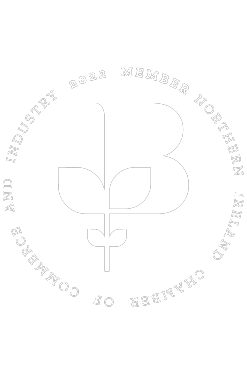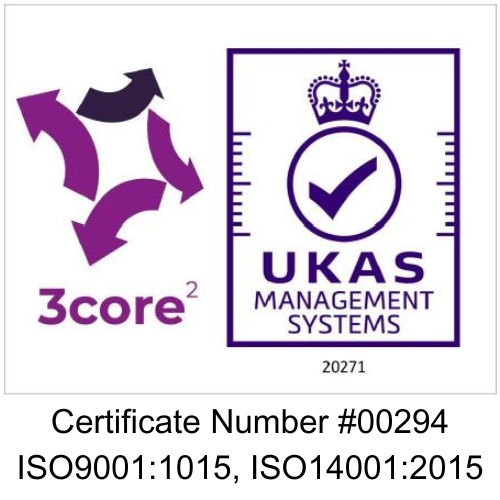Imposter syndrome is a feeling of inadequacy that many people experience, even when they are successful in their field. Interestingly, studies show that Imposter Syndrome disproportionately affects high achievers. Here are four tell-tale signs that you have experienced Imposter Syndrome.
Perfectionism
You beat yourself up for even minor mistakes. Many individuals with imposter syndrome set excessively high standards for themselves and strive for perfection.
Comparing Yourself to Others
You‘re convinced that your colleagues have it all together. People with imposter syndrome frequently compare themselves to others, believing that their peers are more capable, intelligent, or qualified. This comparison can fuel feelings of inadequacy and reinforce the belief that they do not belong or are not as competent as others.
Downplaying Achievements
You never think your work is good enough. They tend to downplay their accomplishments, often brushing off praise and attributing their success to external factors like help from others, luck, or timing.
Fear of Being “Exposed”
You fear being “found out” or exposed as a fraud. You constantly perceive yourself as unworthy of your position and fear that others will perceive you as incompetent.
Did any of those ring true? If so, you’re not alone! Here are a few focused approaches for combatting Imposter Syndrome:
Self Awareness
Notice when you feel like an imposter and identify the triggers, such as new projects, presentations, or feedback sessions.
Adopt a Growth Mindset
View challenges and setbacks as opportunities for learning and growth rather than as reflections of your abilities.
Normalise Imposter Feelings
Discuss imposter syndrome with colleagues to realize that many people experience similar feelings.
𝐒𝐞𝐭 𝐒𝐌𝐀𝐑𝐓 𝐆𝐨𝐚𝐥𝐬
Set Specific, Measurable, Achievable, Relevant, and Time-bound goals to provide clear direction and a sense of progress.
Don’t let imposter syndrome hold you back from the right opportunity! Browse current job vacancies.














